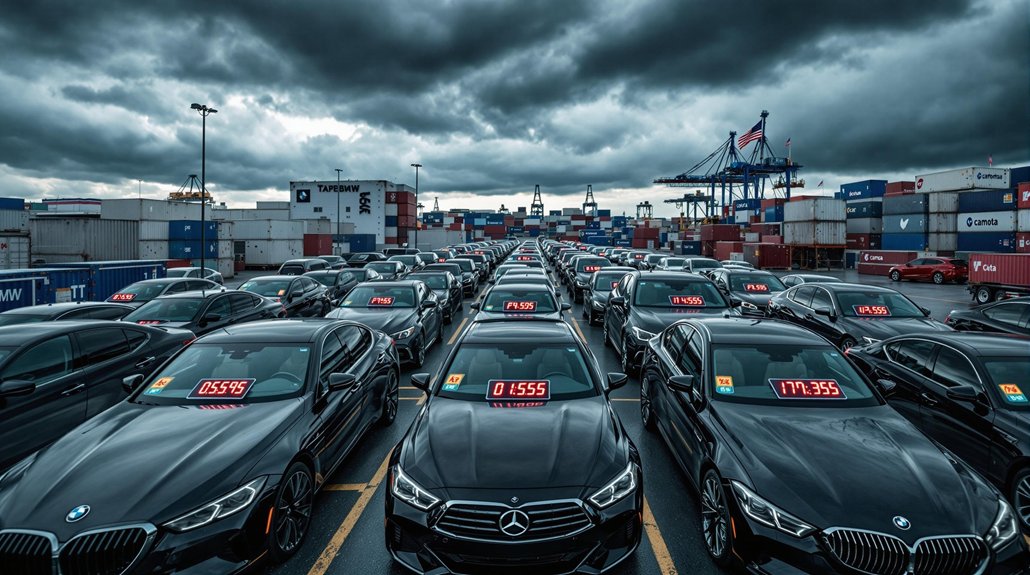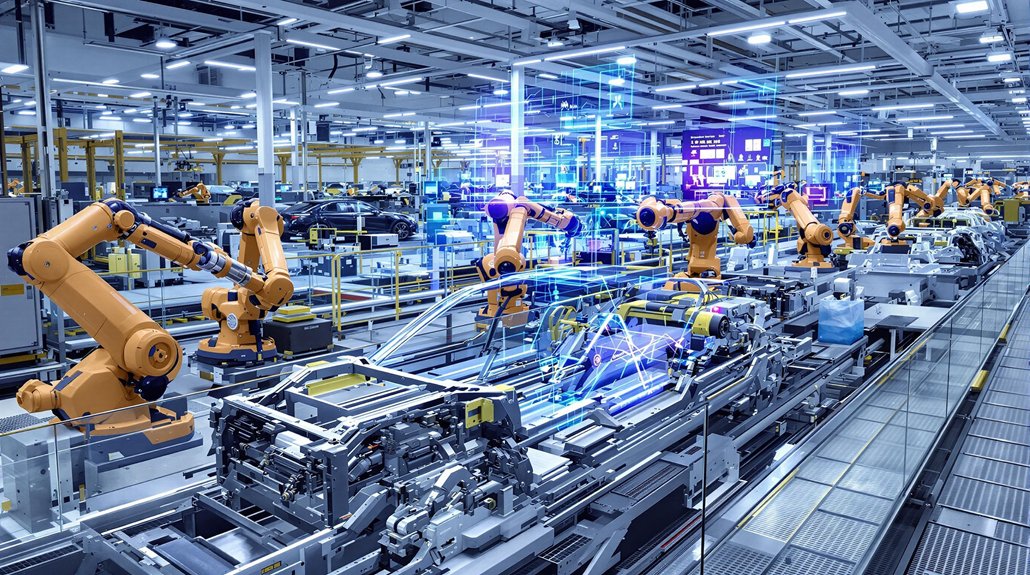The U.S. will implement a 25% tariff on imported vehicles and auto parts starting April 3, 2025. This measure aims to address a $93.5 billion trade deficit in automobile parts. Average vehicle prices are expected to rise by about $12,500, primarily affecting middle and working-class consumers. Canada has called the tariffs a “direct attack” on its auto industry and established a CA$2 billion response fund. The coming weeks will reveal how automakers adapt to this significant market shift.
In a bold move that’s sending ripples through the global auto industry, President Trump has announced a 25% tariff on imported cars and parts. The tariff, announced on March 26, 2025, will take effect on April 3, 2025, giving automakers just days to adjust their supply chains and pricing strategies.
The new tariff applies to a wide range of vehicles including sedans, SUVs, crossovers, minivans, cargo vans, and light trucks. It also covers key automobile parts such as engines, transmissions, powertrain components, and electrical systems.
Experts predict the tariffs could increase the average price of vehicles by about $12,500. This price jump may hit middle and working-class consumers hardest, potentially limiting their vehicle choices and buying power.
The stock market has already reacted to the news. General Motors saw shares drop 3%, while Stellantis fell 3.6%. Notably, Ford experienced a slight increase in share value.
For vehicles imported under the USMCA (covering Canada and Mexico), only the non-U.S. content will face the 25% tariff. Importers can certify U.S. content to reduce tariff impacts, with USMCA-compliant parts temporarily remaining tariff-free.
Trump’s administration says the tariffs aim to protect national security and strengthen the domestic auto industry. They hope to address the $93.5 billion trade deficit in automobile parts and encourage manufacturers to relocate production to the United States. These tariffs are projected to generate annual revenue of $100 billion for the federal government.
International reactions have been swift and negative. Canada called the tariffs a “direct attack” and has established a CA$2 billion strategic response fund. The Canadian Prime Minister will chair a special Cabinet committee focused on U.S. relations.
The tariffs appear to be permanent, though some exceptions may apply for automakers with U.S. facilities. The policy is designed to incentivize foreign automakers’ investments in building manufacturing plants within U.S. borders, with each new facility estimated to cost between $10-20 billion. The administration is also considering tax deductions for interest on auto loans for U.S.-made vehicles to soften the blow for American consumers.
As April 3 approaches, the global auto industry braces for significant changes to pricing, production, and international trade relationships.









